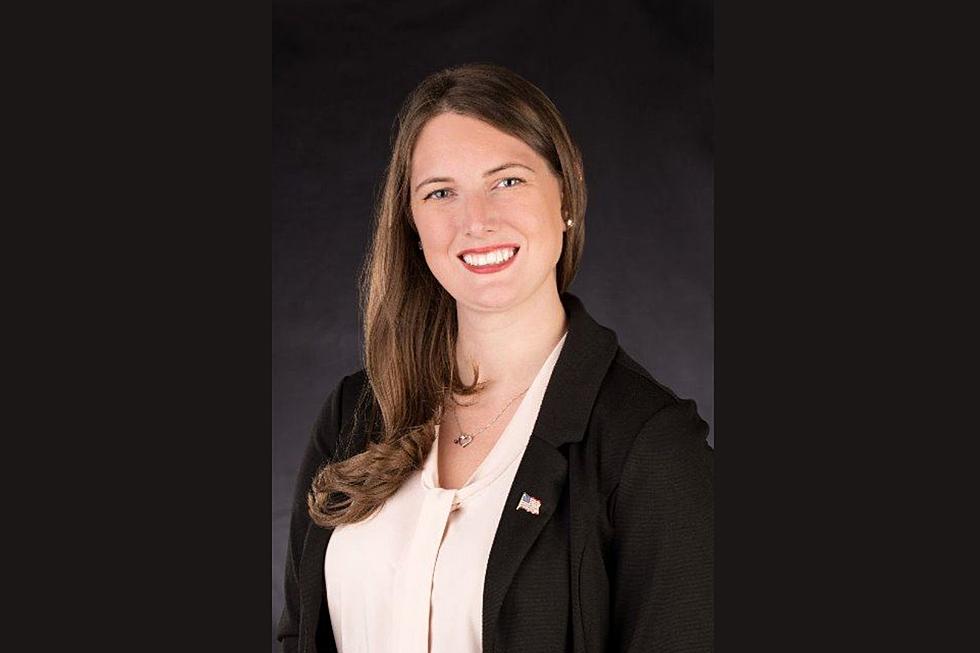
The University of Montana is Now Bound by Over 40 Rules Pertaining To Sexual Assault Investigations, Agreement Could Threaten Free Speech
Ever since the University of Montana agreed to abide by a Department of Justice resolution on reporting and dealing with sexual assaults, a free speech advocacy group known as the Foundation for Individual Rights in Education (FIRE) has been making the case that the agreement puts student's rights at risk.
Samantha Harris is the Director of Speech Code Research at FIRE. In her investigation of the UM's resolution, she has found over 40 separate actions the University has promised to abide by.
"One of the things that the University of Montana has to do is develop and implement a system for tracking and reviewing all reports of sex based harassment" Harris said. "In this agreement, sex based harassment is defined very broadly: It's not just conduct that rises to the level of a hostile environment, it's any sex or gender based comment or conduct, that an individual on campus finds unwelcome."
If the UM does not abide by the agreement, it will, by extension, not be abiding by Title IX of the Education Amendments of 1972. A university must abide by Title IX to receive federal funding.
Harris says there are so many new rules and administrative policies for the University of Montana now, that it will be difficult to abide by them without great expense and effort. For a glimpse at one of the processes outlined in the agreement, Harris outlined the required path of a survey after a sex-based complaint.
"When any student who reports sex-based harassment - which, again, is this sort of subjectively offensive speech - the university has to then ensure that the educational environment for that student is free from any further harassment. The university has to develop and conduct annual campus climate surveys for all students. Then they have to analyze the results of those surveys within 60 calendar days. Then they have to work with an equity consultant to develop actions to be taken in response to the survey results. Then, on top of that, they have to develop a monitoring program to assess the effectiveness of the university's efforts to address sex-based harassment. They have to conduct an annual assessment of those efforts, and then they have to submit that assessment to the federal government."
Certainly, more rules may make it more rigorous for the administration, but that is the least of FIRE and Harris' concerns. The biggest fear, is that there is a dangerous combination of lowered standards that will quell free speech on campus.
Those lowered standards include a broader definition of sexual harassment, removal of an objective standard of offense, as well as the use of preponderance of evidence rather than a stricter standard (like beyond reasonable doubt, which had been used at some universities up till 2011). All of these elements make it easier to be accused and convicted of harassment. That taken in combination with increased enforcement, means it is now more likely that someone is convicted and punished simply for using their constitution-guaranteed freedom of speech.
FIRE also finds troubling a statement in the UM resolution that indicates that the new standards are a "blueprint," and could be spread to universities across the U.S.
Samantha Harris
More From Newstalk KGVO 1290 AM & 98.3 FM









